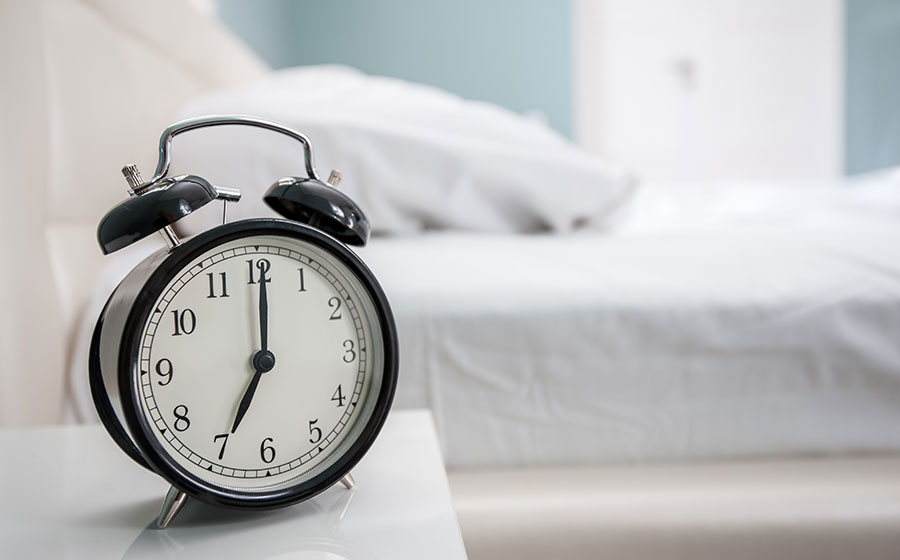How much sleep do I need?
This depends on your age. We need the most as our bodies are growing, so infants and children require more sleep than seniors.
The National Health Foundation recommends the following sleep recommendations:

Sleep Myths and Misconceptions
In the modern world, we feel pressure to produce more, work longer, and sleep less. This ethos is perpetuated by renowned world leaders and entrepreneurs who boast of short sleep cycles of 4 or 5 hours a night.
But sacrificing sleep for the sake of productivity does not stand up to scientific research. The number of people who can survive on 6 hours of sleep or less and show no impairment, rounded to a whole number, is zero.
Other misconceptions about sleep include:
- Sleep banking – you cannot ‘bank’ sleep by sleeping in on weekends. It is recommended that you maintain a consistent sleep cycle, 7 days a week.
- You can train yourself to sleep less – you may not initially notice any difference cutting 1 hour of sleep, but over time, sleep debt will catch up with you.
- Once a light sleeper, always a light sleeper – it is always possible to achieve better-quality sleep. Making improvements to your sleep hygiene will give you a better night’s rest, even if you are a self-identified ‘poor sleeper’.
- Alcohol makes you sleep better – while alcohol may help you fall asleep, quality of sleep is greatly diminished. Alcohol fragments sleep, robbing you of your most restful, deepest stages of sleep.
Struggling to get a good night’s rest?
If you are having problems with your sleep then it may be worth taking a look at some of your daily routines to see if changing your activity will improve your sleep.
In our article Sleep hygiene – how you can get better sleep we explain how you can build better sleep habits to improve your quality of sleep.
Alternatively, get in touch with our friendly team to find out how we can help you.

